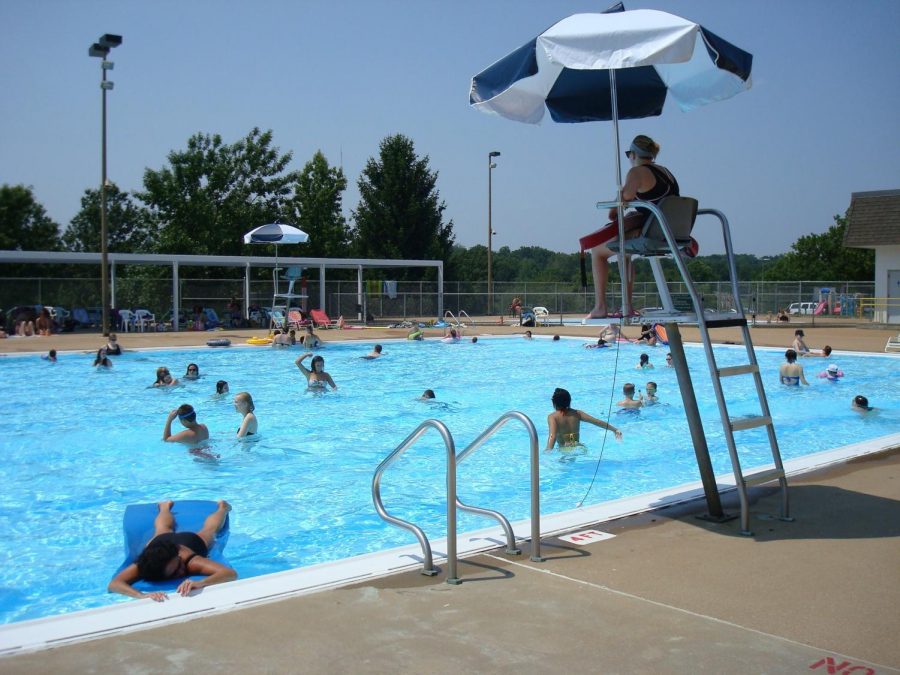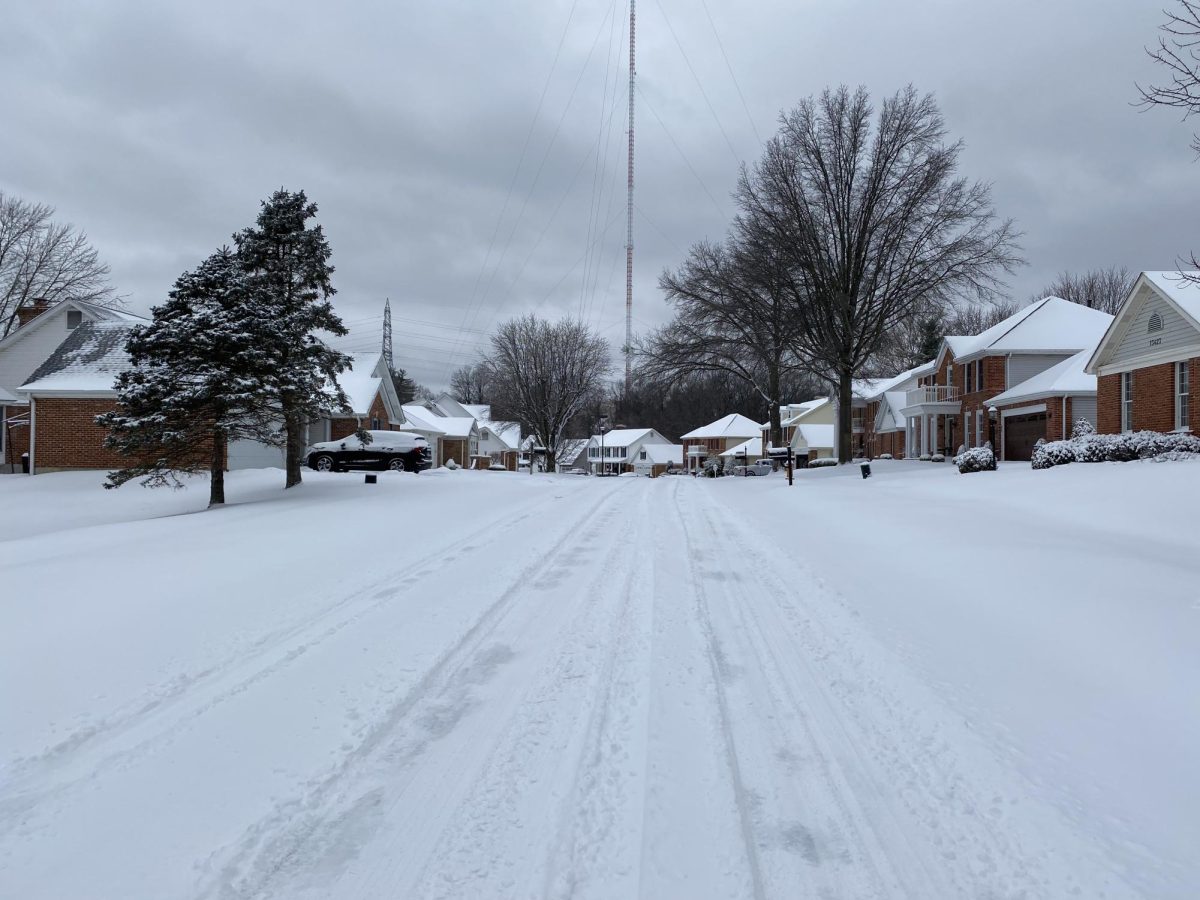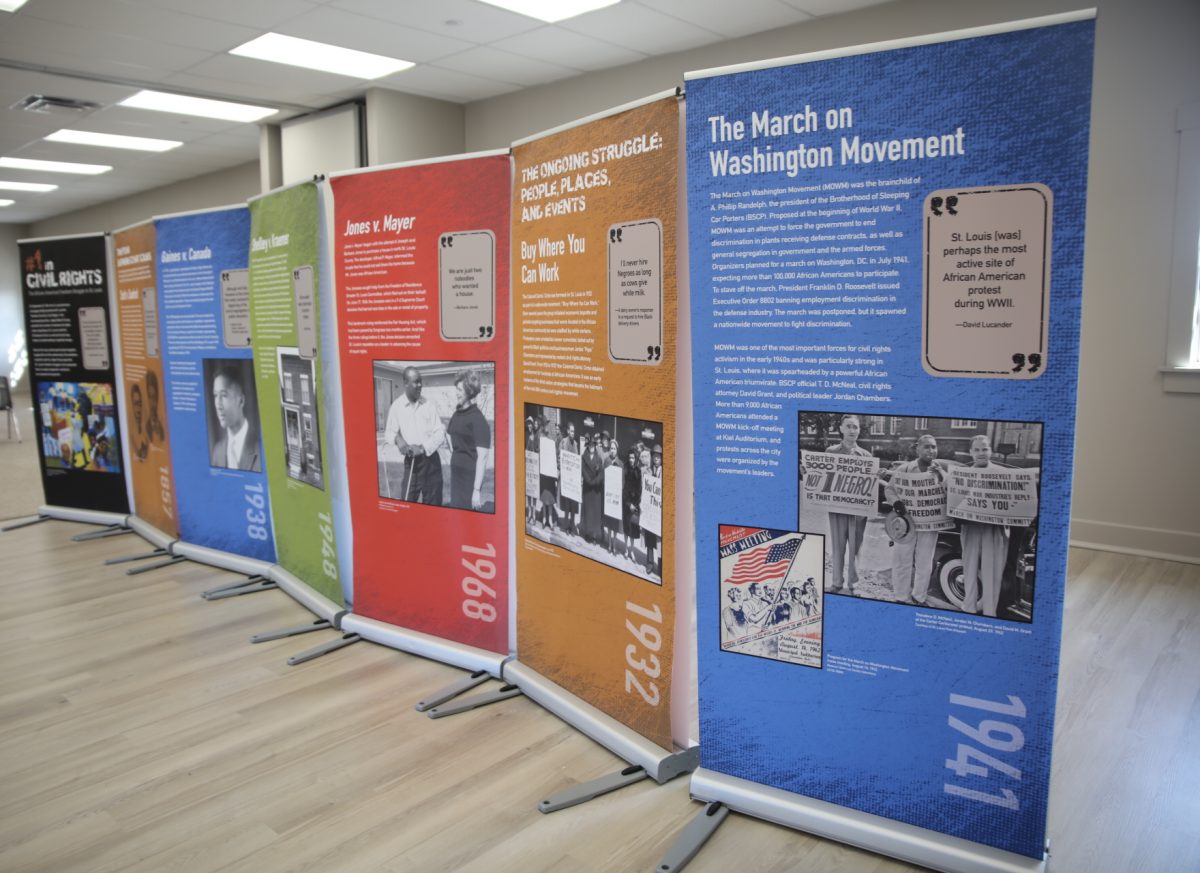The Mehlville School District’s Long Range Planning Committee wants a fine-arts auditorium or multi-sports complex, but a recent survey cites those as a low priority.
Since it began meeting last year, several planning committee members expressed big interest in more capital improvements, particularly a fine-arts auditorium and multi-sports complex. The committee’s fa-cilities action team discussed the ideas also, but instead suggested last week that the district prioritize its capital-improvements needs first.
The action team wants to hire a consultant to help prepare a rotating facilities master to identify and prioritize needs annually.
“I think a lot of people here wanted to see a fine-arts facility,” said committee member Pennie Ranzetta, responding to the plan. “We wanted the plan to be more specific. It’s hard to dream when there’s nothing to dream about.”
“This is a plan to plan,” said action team member Jeff Bresler, assistant principal at Bernard Middle School. “It’s a plan that is followed in a logical progression that we could bite off in chunks. That’s not something that Mehlville School District has recently done.
“We had a lot of needs in our district, and each year we didn’t have money for those things so we sort of slid them over,” he added. “For all those years, we had all these things that needed to be done with no money. That’s why we went with Prop P,” a $68.4 million bond issue supported by a 49-cent tax-rate increase that was approved by voters in November 2000.
“Prop P is wrapping up its work, but where do we go now?” Bresler asked. “Do we wait again for another 15 or 20 years until our roofs go bad again, until our buildings start falling down?
“We need to come up with a better plan,” he continued. “Prop P was a master plan, but that only lasted probably five years. What we’re wanting to do is develop a living document that would be updated yearly and come up with a plan that our community wants, not just look at our needs. It is sort of like a needs assessment, I guess, of our district. It would come in to our school district, try to look at our building conditions, the adequacy in our buildings, the environmental stability, all those things, and pick through every building and then try to identify what needs we really have.”
But the plan doesn’t include specific capital improvement projects to study, such as an auditorium or sports complex, and the idea of the planning committee has been to dream big and set high goals.
“I see this as a very generic plan,” said committee member Lois Clark, an Oak-ville Senior High School teacher. “My fear is that this is generic enough to lose sight of those dreams. We don’t doubt that we need this … but we must make sure those dreams aren’t lost.”
In a recent telephone survey conducted by the Chilenski Strategy Group, residents overwhelmingly supported capital im-provements to ensure safety and adequate instructional labs but did not think art or athletics facilities were a priority. Roughly 27 percent believed a fine-arts auditorium was an important expenditure, while 26 percent believed athletic facilities should be updated.
“These are not priorities from the public,” David Chilenski told the planning panel.
A tax-rate expenditure to support operating expenses, such as salaries and textbooks, however, has become a priority.
Mehlville slashed $5 million from its budget last year, including 42 teaching positions. This year, the district must cut $2 million to $3 million from of the budget to maintain enough of a reserve — 3 to 5 percent, or about $4 million — to avoid the state’s financially distressed” list.
Meanwhile, Mehlville borrows money each year to pay expenses while waiting to receive property tax disbursements from the county. The current 5 percent balance only covers about three weeks of salaries, Randy Charles, chief financial officer and assistant superintendent for finance, recently told the finance action team, so the district is forced to borrow. By borrowing, the district spends about $40,000 per year in interest, a wasteful expense, he said.
Hearing the cry for much-needed revenue, the finance action team last week suggested Mehlville seek a tax-rate in-crease and a professional marketing consultant to educate the community of the district’s financial need.
“We need to communicate the district’s needs,” said action team member Sue Texier, Forder Elementary School principal. “We need to let people know we’re frugal. That’s something this district has historically done is live within its means and our public needs to know that.”
“It’s important people remember that we cut $5 million last year,” Superintendent Tim Ricker said.
Mehlville also must tell the public what could happen if a tax-rate increase fails, Texier said, though she wasn’t specific on those effects.
“The largest concern was operational money,” she said.
In the Chilenski survey, most people did not support a tax increase, but support crept up to nearly 50 percent when the hike under question dropped from 65 cents to 50 cents per $100 assessed valuation and as surveyed residents realized the district’s needs and how the money could be spent.
Chilenski said a 30- to 40-cent tax-rate increase is feasible.
If not, the action team suggested other ways to increase revenue, including in-creasing tuition for full-time kindergarten, increasing student activity fees, soliciting corporate sponsorship of buildings or programs, creating an alumni endowment fund as well as a grant-support council and sharing certain costs with other school districts, such as maintenance or food expenditures, Texier said.
The planning committee ultimately will present its final Comprehensive School Im-provement Plan to the Board of Education for approval, but a date has not been set. The board has the final authority to put a tax-rate hike on the ballot.








